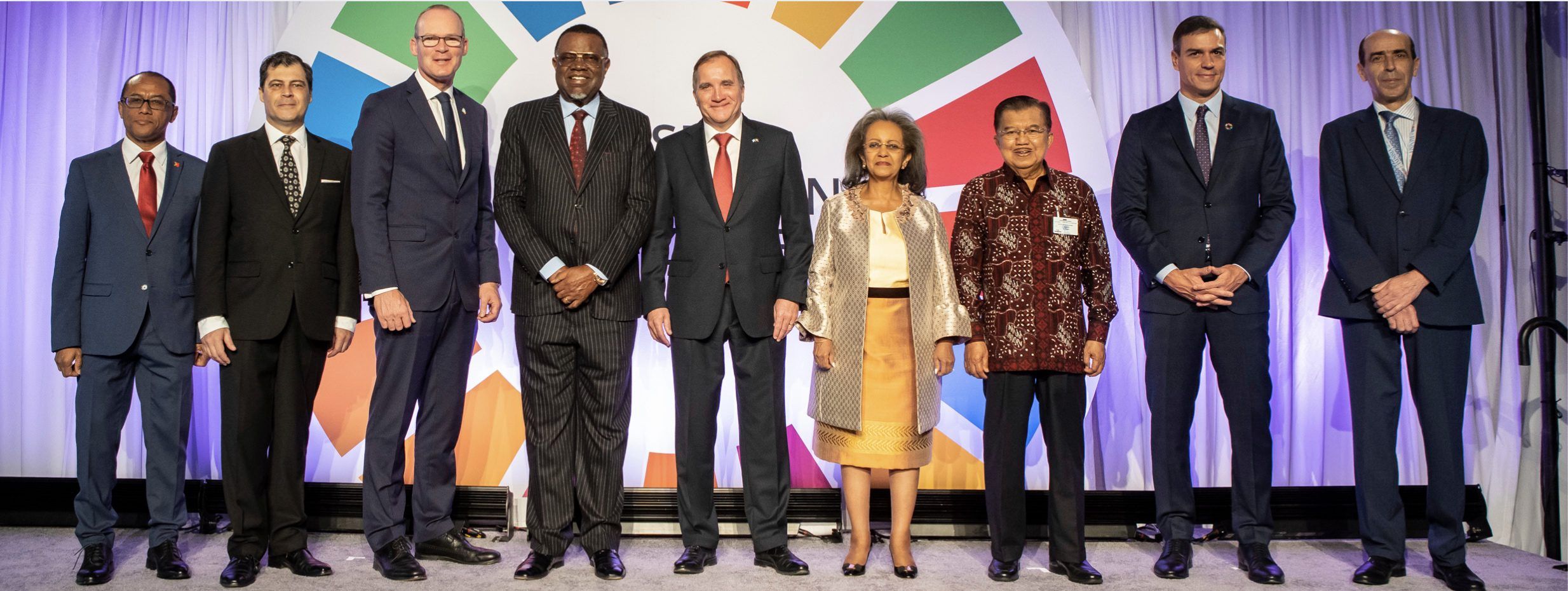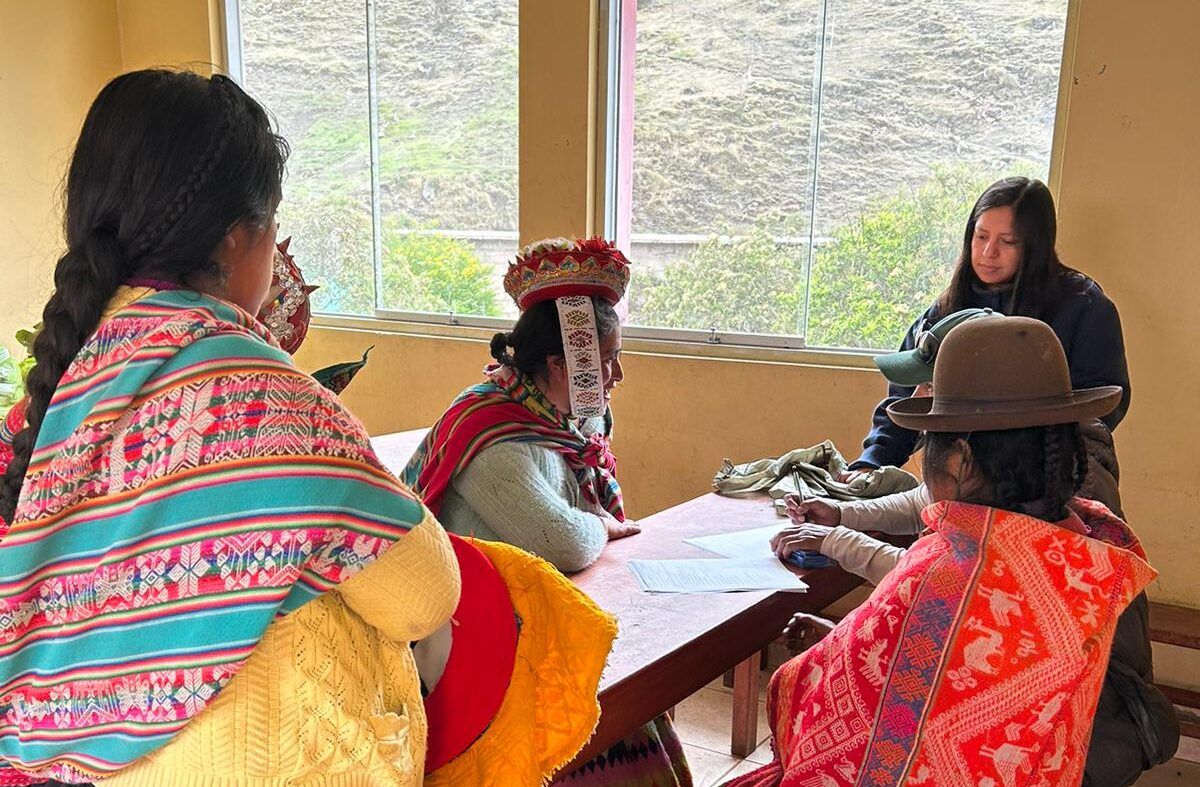
Array
(
[thumbnail] => https://s42831.pcdn.co/wp-content/uploads/2019/10/world_leaders_narrow_copy_0-150x150.jpeg.optimal.jpeg
[thumbnail-width] => 150
[thumbnail-height] => 150
[medium] => https://s42831.pcdn.co/wp-content/uploads/2019/10/world_leaders_narrow_copy_0-300x113.jpeg.optimal.jpeg
[medium-width] => 300
[medium-height] => 113
[medium_large] => https://s42831.pcdn.co/wp-content/uploads/2019/10/world_leaders_narrow_copy_0-768x289.jpeg.optimal.jpeg
[medium_large-width] => 768
[medium_large-height] => 289
[large] => https://s42831.pcdn.co/wp-content/uploads/2019/10/world_leaders_narrow_copy_0-1024x386.jpeg.optimal.jpeg
[large-width] => 1024
[large-height] => 386
[1536x1536] => https://s42831.pcdn.co/wp-content/uploads/2019/10/world_leaders_narrow_copy_0-1536x579.jpeg.optimal.jpeg
[1536x1536-width] => 1536
[1536x1536-height] => 579
[2048x2048] => https://s42831.pcdn.co/wp-content/uploads/2019/10/world_leaders_narrow_copy_0-2048x772.jpeg.optimal.jpeg
[2048x2048-width] => 2048
[2048x2048-height] => 772
[gform-image-choice-sm] => https://s42831.pcdn.co/wp-content/uploads/2019/10/world_leaders_narrow_copy_0.jpeg.optimal.jpeg
[gform-image-choice-sm-width] => 300
[gform-image-choice-sm-height] => 113
[gform-image-choice-md] => https://s42831.pcdn.co/wp-content/uploads/2019/10/world_leaders_narrow_copy_0.jpeg.optimal.jpeg
[gform-image-choice-md-width] => 400
[gform-image-choice-md-height] => 151
[gform-image-choice-lg] => https://s42831.pcdn.co/wp-content/uploads/2019/10/world_leaders_narrow_copy_0.jpeg.optimal.jpeg
[gform-image-choice-lg-width] => 600
[gform-image-choice-lg-height] => 226
)
Moving Forward in the Fight to End Inequality and Exclusion
Amid the whirlwind of last month’s UN General Assembly—a gathering marked by dispiriting reminders of the deep challenges facing international cooperation today—I witnessed some bright moments of hope for meaningful progress on the sustainable development goals. One that particularly stood out was a gathering of leaders from a diverse group of countries who came together to speak up about the need for multilateral action on one of the most pressing sources of political polarization and public anger in our world: rising inequality and exclusion.

At the invitation of Swedish Prime Minister Stefan Löfven, heads of state and government from Sweden, Ethiopia, Spain, Sierra Leone, and Namibia; joined by the Vice President of Indonesia, the Deputy Prime Minister of Ireland, the Foreign Minister of Timor-Leste, as well as representatives from Uruguay and Tunisia, came together to issue a joint statement in which they “commit to working together to identify practical and politically viable solutions to the challenge of inequality and exclusion in our own societies and globally.”
These leaders have done more than just talk about inequality—they represent a group of countries from different regions and varying income levels that stand out because they have devised bold and innovative policy solutions in areas like social protection, labor rights, and housing, and are working to put them into practice. None are perfect, and they would not claim to have all the answers. But they are sending a very powerful signal that the recognize the magnitude of this problem—and they’re lighting the pathway forward for other countries facing the same challenges.
In the course of three decades spent working in countries emerging from conflict and political transition, I’ve seen over and over again how equality and inclusion are crucial to ensuring democratic consolidation and social cohesion—and yet how little we know about how to enact policies to achieve them. The technical solutions may be relatively simple, but the political path to them is often very complicated.
The Grand Challenge on Inequality and Exclusion is trying to bridge that gap. One striking lesson from our initial research, for example, is that the timing is key to building confidence and political support. In Indonesia, for example, the removal of regressive fuel subsidies was timed so that it coincided with the rollout of large social protection programs that cushioned the blow for the middle class and the poor. In Mexico, the new government has announced that it will not raise taxes for three years (even though broader and more progressive taxes are desperately needed) in order to demonstrate that anti-corruption measures to are working before asking people to entrust the state with more resources.
Combining policy measures can be another way to get both the policy and the politics right. In Indonesia, targeted assistance to marginalized social groups—victims of the 1965 massacres, minority religions, transgender people—was enacted alongside a major universal reform to provide health coverage to all. Ethiopia has used the Productive Safety Net Programme, which provides support to most poor Ethiopians, to help refugees as well without cutting benefits to citizens. In Mexico, where indigenous people have long been historically disadvantaged but where many other citizens are also vulnerable, the solution was a universal pension with provisions for indigenous people to receive the allowance early.
Innovative partnerships between government and civil society are also key to addressing inequality and exclusion. In Sweden, job councils have negotiated retraining opportunities for workers displaced by global trade and technology. In Korea and Tunisia, trade unions played a crucial role in the transition to democracy. In Sierra Leone, NGO-provided legal aid has allowed many more citizens to access government justice services. In Timor Leste, the government has contracted with NGOs to provide training to women candidates for local public office, irrespective of party affiliation. In Canada, household sponsorship of refugees has been a crucial tool for increasing support for welcoming those fleeing from conflict.
Widening inequality is among the most potent political grievances of our time, and the divisions it is creating are just as apparent in wealthy, relatively stable countries as in those still emerging from conflict and authoritarian repression. Much can be done at the national level, but there are some issues that no nation-state can address alone—like tackling illicit financial flows across borders or corporate tax. The leaders’ joint statement at UNGA is a testament to the growing recognition that the problems of inequality and exclusion must be solved collectively if we’re going to have any chance of building a peaceful and sustainable future for the world.
That’s where the Grand Challenge on Inequality and Exclusion comes in. The Grand Challenge is an initiative of Pathfinders, a multi-stakeholder partnership of UN member states, international organizations, civil society, and private sector actors working together to achieve the sustainable development goals. The Grand Challenge brings together a group of countries—including those whose leaders issued the joint statement, and others that have endorsed it—and international organizations that recognize the need to work together to come up with creative and lasting solutions to inequality and exclusion.
Working together with the global anti-poverty and inequality network Oxfam, we helped support Sweden in bringing together the group of leaders who issued the joint statement. At the end of September, our advisory group held its first meeting in Mexico City. Government leaders from Mexico, Sweden, Indonesia, Sierra Leone, and Uruguay participated, as well as representatives from international organizations and civil society actors, including the World Bank, OECD, ECLAC, ITUC, Open Society Foundations, Civicus, Oxfam, and Transparency International.
This summer, we published a challenge paper that attempts to describe the scope of the problem. It highlights five priority areas: building political common ground, ending spatial inclusion, dealing with new technology and the future of work, increasing social protection and services, and developing fiscal compromises. Now, we’re moving ahead to the next phase of the challenge—completing polling and consultation work at the country level, and forging the lasting connections between countries and partners that will help put these policy solutions into practice around the globe.
More Resources
Stay Connected
Subscribe to our newsletter and receive regular updates on our latest events, analysis, and resources.
"*" indicates required fields




